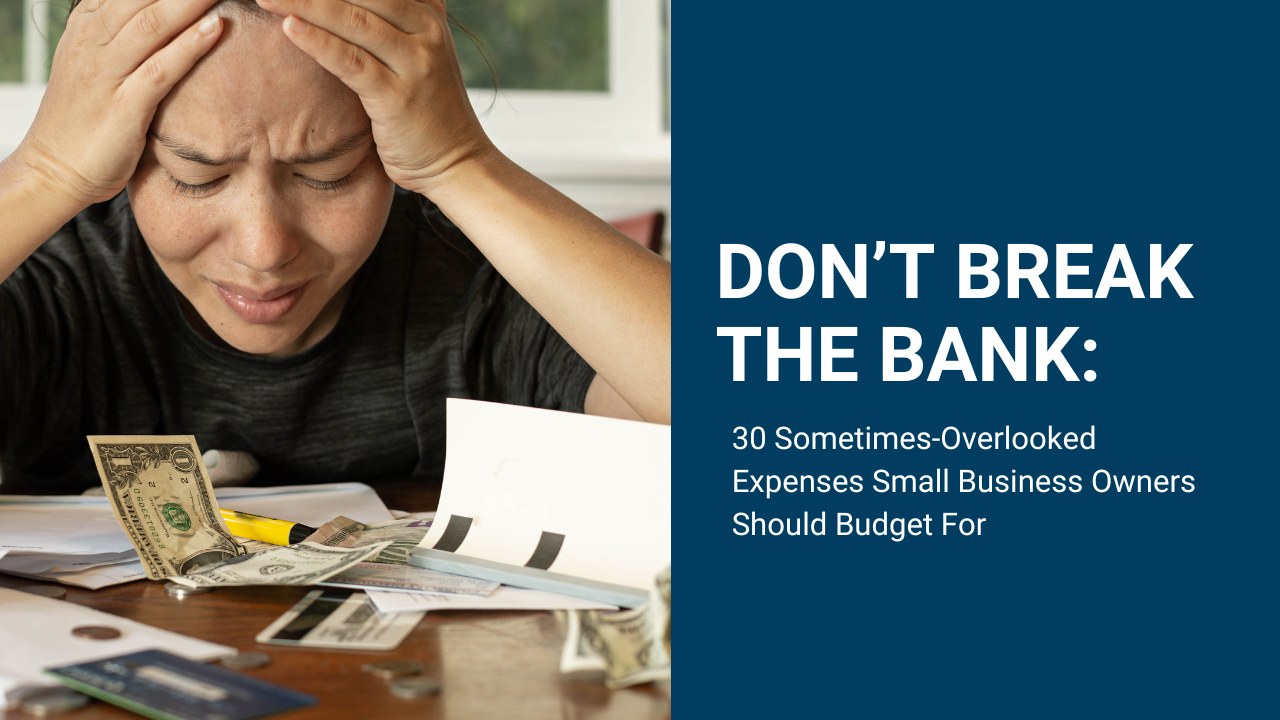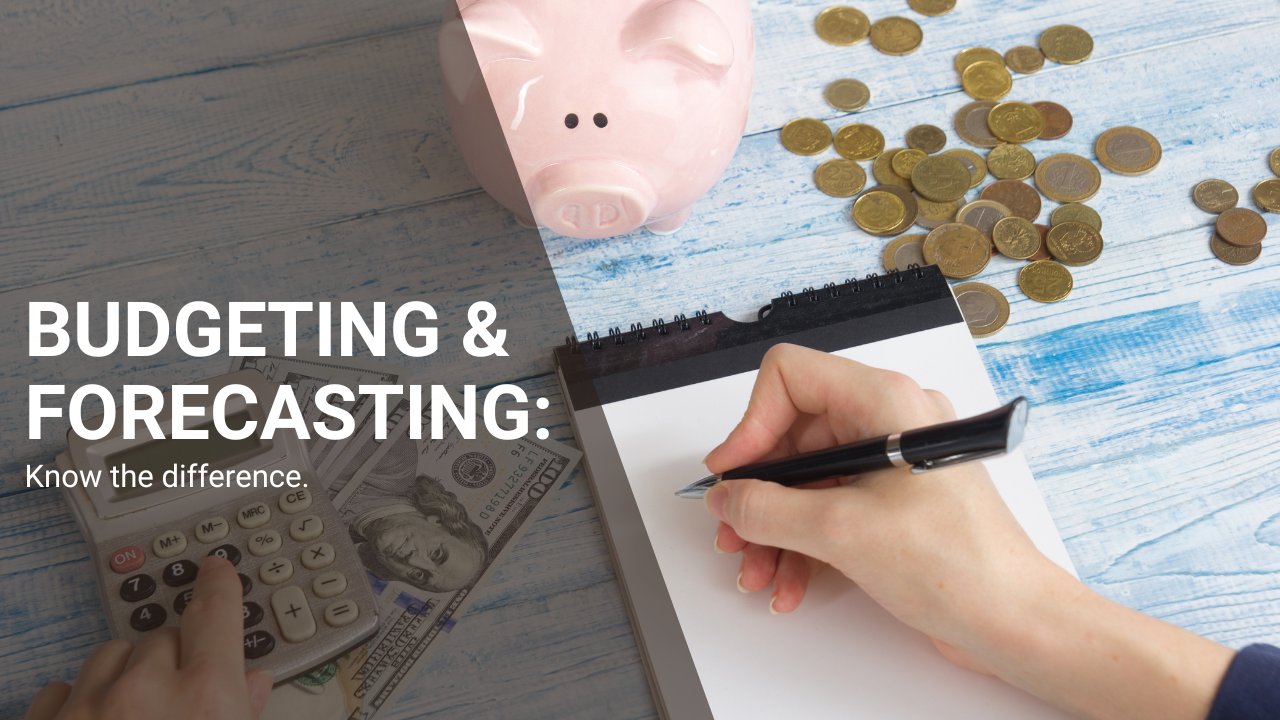Don't Break the Bank: 30 Sometimes-Overlooked Expenses Small Business Owners Should Budget For

Pulse check: When was the last time you took a look at your expenses? We mean, really look at them. Line by line. Item by item. We’re talkin’ getting up-close-and-personal with the final destination of every dollar and cent that’s passed through your business.
Would any of those expenses surprise you?
Probably yes.
Whether you’re just starting out (or have been in the game for a few years), running a small business has its fair share of financial challenges. In the daily hustle and bustle to keep the metaphorical boat from sinking, it's easy to forget about certain expenses that might sneak up on you.
To keep your finances in check and prevent any nasty surprises down the road, it's essential to create a comprehensive budget. To help you out, we’ve highlighted 30 sometimes-overlooked expenses that small business owners should account for.
- Taxes and Licenses: Be sure to set aside funds for business licenses, state and local taxes, and any industry-specific permits.
- Insurance...
Budgeting and Forecasting for Small Business Success: Know the Difference

Good things come in pairs: Simon and Garfunkel. Burger and fries. Stars and Stripes. Surf and Turf.
And Budgeting and Forecasting.
As a small business owner, carefully planning your finances is a must if you want to stay IN business; budgeting and forecasting are two essential tools that can help you achieve this goal. Although they may sound the same, they serve uniquely different purposes and play a crucial role in shaping the financial health of your small business.
In this post, we'll dive into the differences between budgeting and forecasting, why they are both essential, and how they can affect your business's success and financial well-being.
Budgeting vs. Forecasting
Before delving into the importance of budgeting and forecasting, let's clarify the difference between these two financial processes:
Budgeting is like a roadmap that tells you what money is coming in and what you'll spend it on for a year. It helps you set financial goals and use your resources wisely. You...



